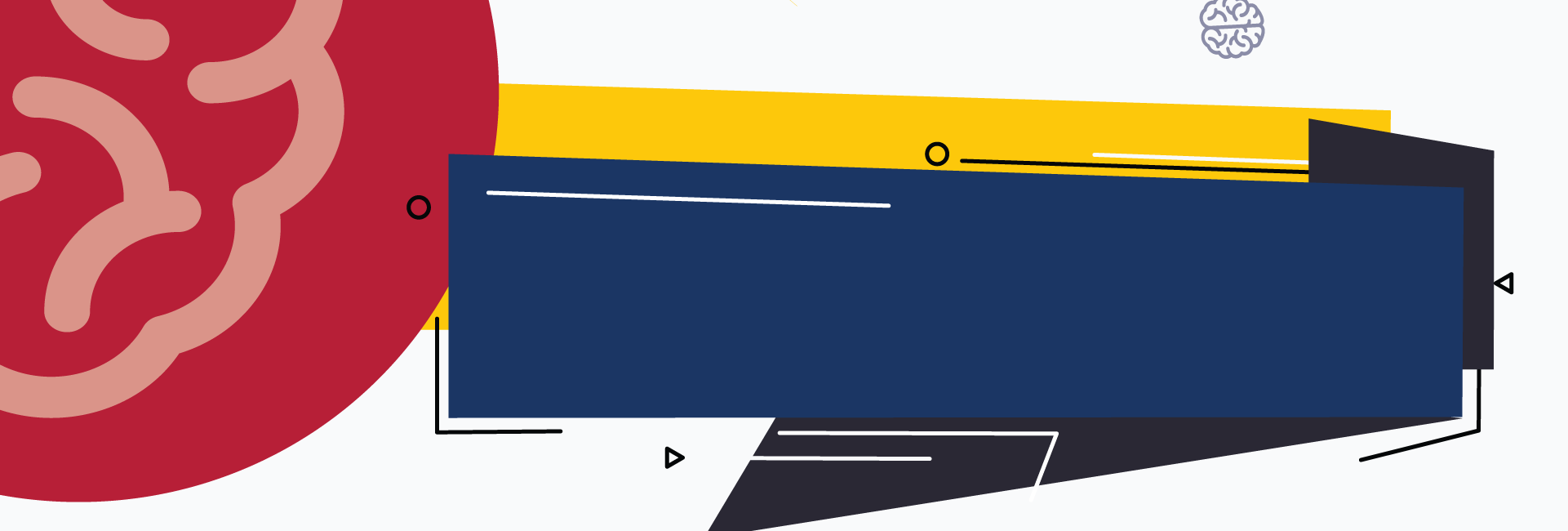Next Generation of Neuroscientists
More than a dozen FAU graduate students were part of the Brain Institute’s inaugural Summer Neuroscience Scholars (SUNS) program in 2020.
The eight-week program allowed students to engage with institute faculty through remote learning to prepare for research in the laboratory. Under the direction of faculty mentors, students were immersed in career networking, research ethics in the laboratory and best practices in communicating science to the general public. The participants worked on research projects ranging from the roll of Interleukin 1 receptor cells and their role in neuroimmunology to neuropsychiatric disorders. “The SUNS program allowed me to meet and interact with professors and directors of the FAU Brain Institute that I never would’ve had the chance to meet outside of this program,” said Megan Giovanniello, above, bottom row, second from right, a student in the Charles E. Schmidt College of Science, and part of the SUBS inaugural cohort.
“It was an awesome way to meet students with similar career goals as myself and be surrounded with like-minded individuals. I was able to develop valuable skills and knowledge about the extensive research process.”
There was no cost for participation, and participants gained valuable background in reviewing primary literature in areas of interest. Participation can accelerate entry into the lab, and/or fill in gaps in understanding of the history of the mentor’s research. At the end of the program, SUNS Program participants received a certificate of completion signed by the program director and the faculty mentor.
Brain Science in Your Pocket
The South Florida Science Center and Aquarium is unveiling a new brain exhibit application based on their 2,500-square-foot permanent exhibit called Journey Through the Human Brain, which cost $2.5 million.
The app will feature interactive activities and augmented reality that resemble the 2-year-old exhibit, which is a result of a collaboration with the FAU Brain Institute and allows visitors to get hands-on with state-of-the-art technology for a better understanding of the brain.


New Graduate Neuroscience Training Program Cohort
The Brain Institute welcomes the latest class of the Graduate Neuroscience Training Program (GNTP). The program unites scientists, educators and students from three FAU doctoral programs, integrative biology-neuroscience, complex systems and brain sciences and experimental psychology, and from two internationally-recognized research institutes, the Max Planck Florida Institute for Neuroscience and the Scripps Research, into a one-of-a-kind training opportunity for those at the beginning of their neuroscientific careers.

Fun Fridays for All
In an effort to provide educational opportunities to at-risk and underprivileged youth, FAU Brain Institute neuroscience students visit the Edna W. Runner Tutorial Center in Jupiter after school on Fridays.
The after-school program, called Fun Fridays, educates students about the brain using interactive lessons focused on science, technology, engineering and math.
David Cinalli, Ph.D., coordinates the program.
Growing NeuroExplorers
FAU’s Advancing STEM-Community Engagement through Neuroscience Discovery (ASCEND) program, which aims to make science fun for middle schoolers, partners with the Stiles-Nicholson Foundation to create a program called NeuroExplorers.
Through the the NeuroExplorers program, more than 20 middle school students were introduced to neuroscience using cutting-edge educational tools, including virtual and augmented reality applications, age-appropriate neuroscience experiments, and a monthly Brain Box filled with hands-on activities.The program is led by professional neuroscientists and students from FAU Brain Institute labs, the Harriet L. Wilkes Honors College, Scripps Research and Max Planck Florida Institute for Neuroscience. ASCEND also creates digestible brain science podcasts, educational videos and educational resources available for teachers and students at www.fau.edu/ibrain.
Chelsea Bennice, Ph.D., assistant to the director of the ASCEND program, helps steer the program.

